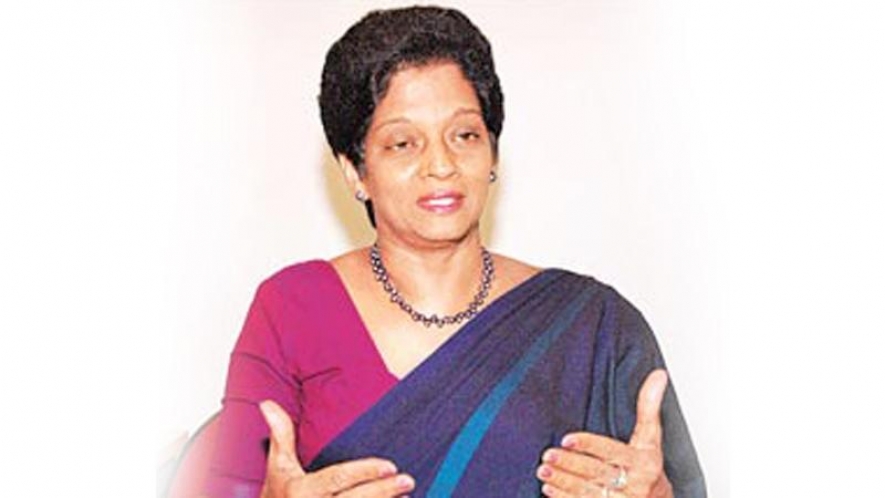“Merchandise exports are expected to grow by 12% in 2018 with EU GSP+ and with the growth in NES (National Export Strategy) focused sectors. Meanwhile, services exports are expected to grow significantly during this year in achieving the current total export target of US $ 16,631 million in 2018,” EDB Chairperson and CEO Indira Malwatte said.
The current annual export target for 2018 is US $ 16,631 million from merchandise and services exports. The EDB is geared to achieve this target in collaboration with public and private sector stakeholders, she said. According to the data released by the Department of Customs and the Central Bank, Sri Lanka’s total exports grew by 10% last year, recording US $ 15.2 billion in exports, compared to US $ 13.8 billion in 2016. Among other reasons, the liberalised trade policies of the Government and restoration of the GSP+ facility were key in achieving the double digit growth recorded in 2017, she said.
“Generally, depreciation of a currency has an effect on stimulating exports which may also be true in the case of Sri Lanka. However, Sri Lankan companies import various items for export processing and these imports could be unfavourably affected by a weaker domestic currency,” Malwatte said.
The strategic vision focused under the National Export Strategy (NES) for Sri Lanka to become an export hub driven by innovation and investment is expected to boost the export sector.
The NES which has the strategic objectives of having a business-enabling, predictable and transparent policy and regulatory framework that supports exports, driving export diversification through innovation and the strengthening of emerging export sectors, strengthening Sri Lankan exporters’ market-entry and compliance capacities and becoming an efficient trade and logistics hub to facilitate exports will have far reaching benefits for the country, she said. The focus sectors under the NES are information technology and business process management (IT/BPM), wellness tourism, spices and concentrates, boating industry, processed food and beverages, electrical and electronic components. The trade support functions include trade information and promotion, national quality infrastructure, innovation and R&D and logistics.



















